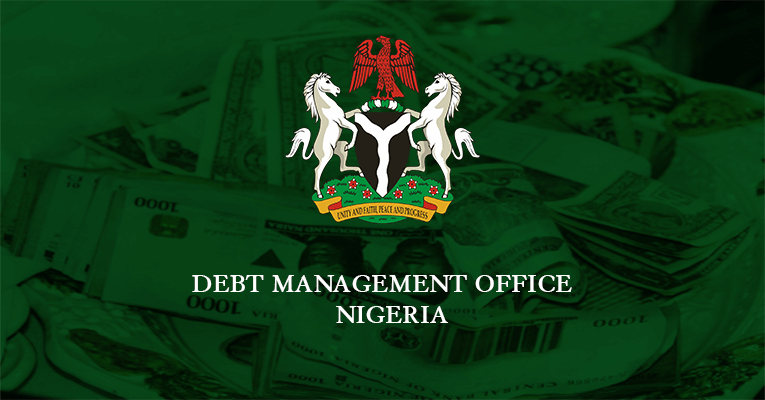The federal government has begun moves to dialogue with oil marketers over debts owed them, to avert a fuel crisis in the forthcoming festive season.
The moves came amid reports that some of the marketers have dissociated themselves from last Sunday’s ultimatum for the payment of the outstanding fuel subsidy debt.
According to a report by Premium Times, as part of moves to stop the looming fuel crisis, Executive Secretary, Depot and Petroleum Products Marketers Association (DAPPMA), Olufemi Adewole confirmed on Wednesday the Debt Management Office (DMO) has invited aggrieved marketers and depot owners to a crucial meeting on the matter.
Adewole said the meeting scheduled for Thursday in the Ministry of Finance headquarters in Abuja will discuss the concerns raised by the marketers in their ultimatum letter issued last Sunday.
The letter purportedly written by DAPPMA, along with the Major Oil Marketers Association of Nigeria (MOMAN) and the Independent Petroleum Products Importers (IPPIs), gave government seven days within which to pay over N800bn outstanding fuel subsidy debts in cash or risk the withdrawal of services.
Some of the oil marketers groups said to have joined in issuing the ultimatum, however, disowned the letter on Wednesday.
With the deadline of the ultimatum barely four days away, Supervising Minister of Finance, Zainab Ahmed on Tuesday said government was proposing to offer over N340 billion in promissory notes to the marketers “in a few days’ time.”
But, the marketers said promissory notes would not help solve their immediate challenge of settling their workers’ salaries and sundry obligations.
Close followers of the debt dispute said on Wednesday the meeting on Thursday would provide the relevant government representatives a forum to dialogue with the marketers on possible ways to resolve the problem.
Regardless, Adewole said DAPPMA was not perturbed about reports IPMAN and MOMAN were disowning the Sunday ultimatum to the federal government.
“It is their decision,” the DAPPMA boss said: “It means they are not being owed by government. We (DAPPMA) are the people being owed. If they chose to disown the ultimatum, there is no problem.
“We did not mention in our letter that we are working with any other group to realise our demands. If they say they were not part of the demand, and at the end of the day, government pays us, and do not pay them, it is okay by us.”
The National Secretary of IPMAN, Danladi Pasali, in a statement on Wednesday dismissed the ultimatum as “an attempt by some groups of oil importers to disrupt the relative peace in the downstream oil sector of the country over the subsidy debts.”
“This is nothing, but intimidation and an attempt to frustrate the effort by government to ensure Nigerians have a hitch-free yuletide celebration,” Pasali said.
He described as unfortunate a situation where some groups were “more concerned of their personal interest above national interest.”
Although he said it was good for the marketers to demand their rights, he said the decision to ground the petroleum sector at this festive period was an act of sabotage.
He said already the DMO was addressing the marketers concerns by issuing promissory notes approved by the Executive Council of the Federation (FEC) under the Promissory Note and Bond Issuance programme.
The promissory notes programme was established in July 2017 to help government settle inherited local debts and contractual obligations due to various categories of creditors, including oil marketers.
He appealed to the marketers to change their tactics by seeking other alternatives to push their demands, and avoid blackmail and sabotage.
He said IPMAN members were aware of government’s efforts to settle the outstanding subsidy debts as a way of ensuring hitch-free yuletide season.
On Tuesday, MOMAN, whose members consist of the six major oil marketing firms in the country, including Mobil, Conoil, OVH Energy, Forte Oil, MRS Oil and Total Nigeria Plc, also distanced its members from the ultimatum to government on the issue.
The Executive Secretary of the group, Clement Isong, who also spoke with PREMIUM TIMES on the issue, denied his members were party to the ultimatum.
“MOMAN has never been part of the marketers’ groups that issued the ultimatum to the federal government. Issuing of ultimatum for a strike is not part of MOMAN’s mode of operation.
“MOMAN, which is quoted in the Nigerian Stock Exchange, and has some foreign membership, cannot be part of any action that can jeopardize the Nigerian economy,” He added.

